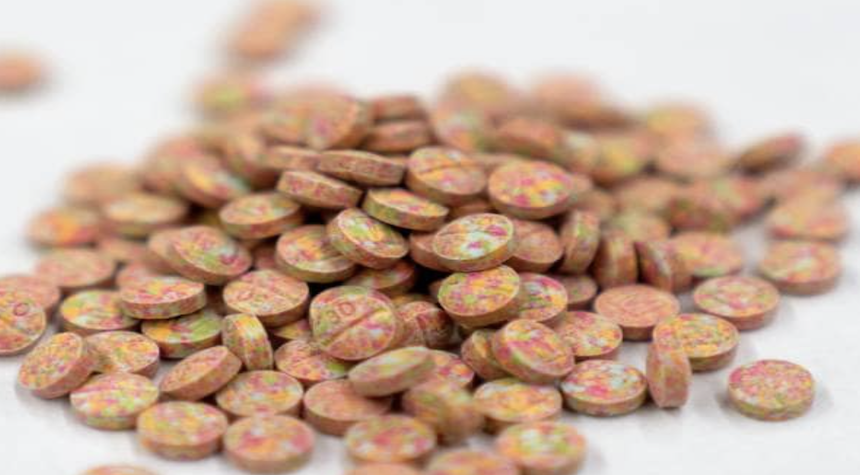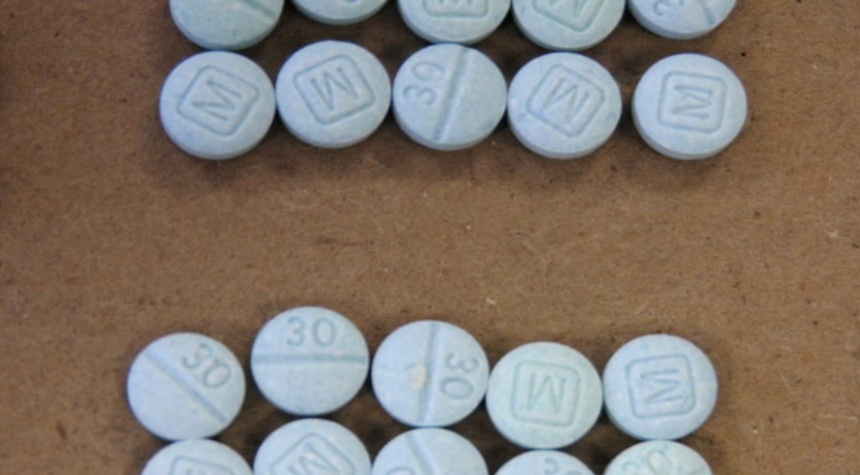In Baltimore, city officials are actively investigating an alarming surge in drug overdose deaths, specifically in the Penn North neighborhood. As reported by The Washington Post, tests undertaken by the National Institute of Standards and Technology have confirmed the presence of the N-methylclonazepam sedative mixed with fentanyl in the lethal concoctions.
The city has recorded nearly 700 overdose fatalities in the past year, prompting the investigation into the source of N-methylclonazepam, a benzodiazepine not sanctioned for human consumption in the United States, according to the report. This distinctive drug mixture, it appears, has not been detected in other samples from Maryland or the 15 states partnered with the NIST.
Benzodiazepines, commonly found in medications such as Valium and Klonopin, are known to depress heart rate and suppress respiratory functions, like opioids. When intertwined with fentanyl, the risk of deadly overdose escalates, as detailed in the report.
The unpredictability of the drug supply significantly contributes to the increased overdose risk. Johns Hopkins Bloomberg School of Public Health’s Kristin Schneider highlighted this concern, noting the lack of consistency on which drug users could base their dosage expectations.

This variability complicates the task of emergency room professionals, potentially contributing to the death toll. Dr. Cheyenne Falat of the University of Maryland Medical Center elaborated on the challenge, stating that the exact mixture of substances involved in overdoses often remains unidentified.
First responders typically adapt their treatment approaches based on the most prevalent lethal substances in their local areas. Dr. Falat recalled the emergence of overdoses with prolonged low heart rates, attributing them to the previous use of veterinary tranquilizer xylazine in Baltimore’s illicit drugs.
Cities under Democratic leadership are implementing proactive measures. Baltimore’s Check It van program, for example, analyzes samples from the residue of discarded drug paraphernalia. Philadelphia is taking similar action, investigating a ‘bad batch’ of street drugs.
While revealing the contents of these fatal mixtures is crucial, understanding their distribution is equally significant. Sarah Laurel, founder of Philadelphia’s Savage Sisters Recovery, emphasized the need to identify the locations and labels under which these lethal drugs are sold.
This raises important questions about the future of drug policy and public health initiatives in cities grappling with the opioid crisis.


